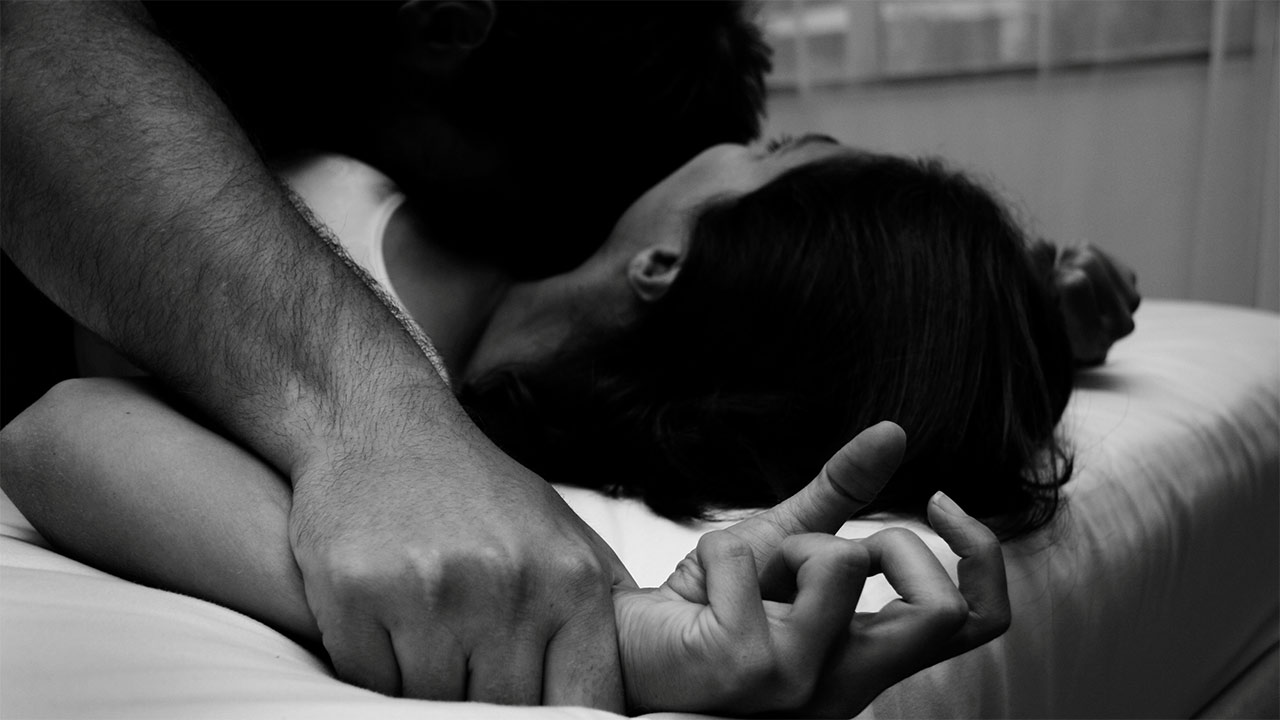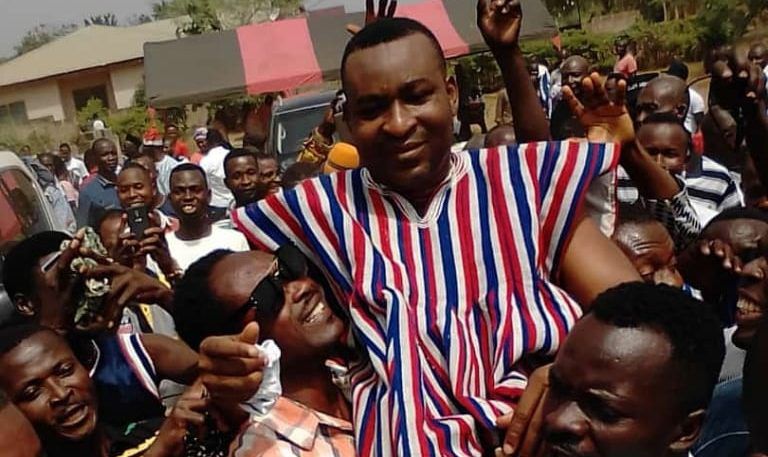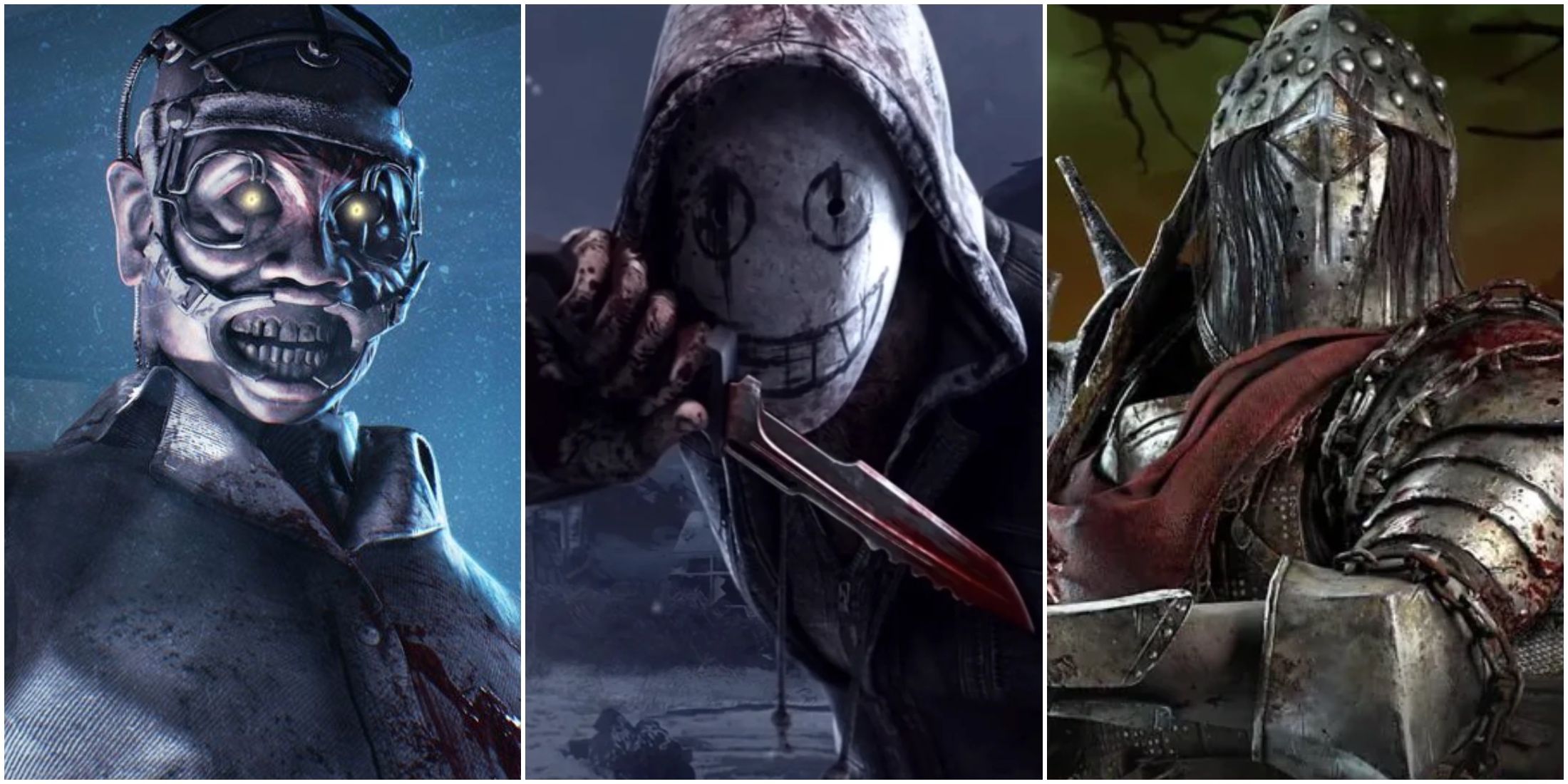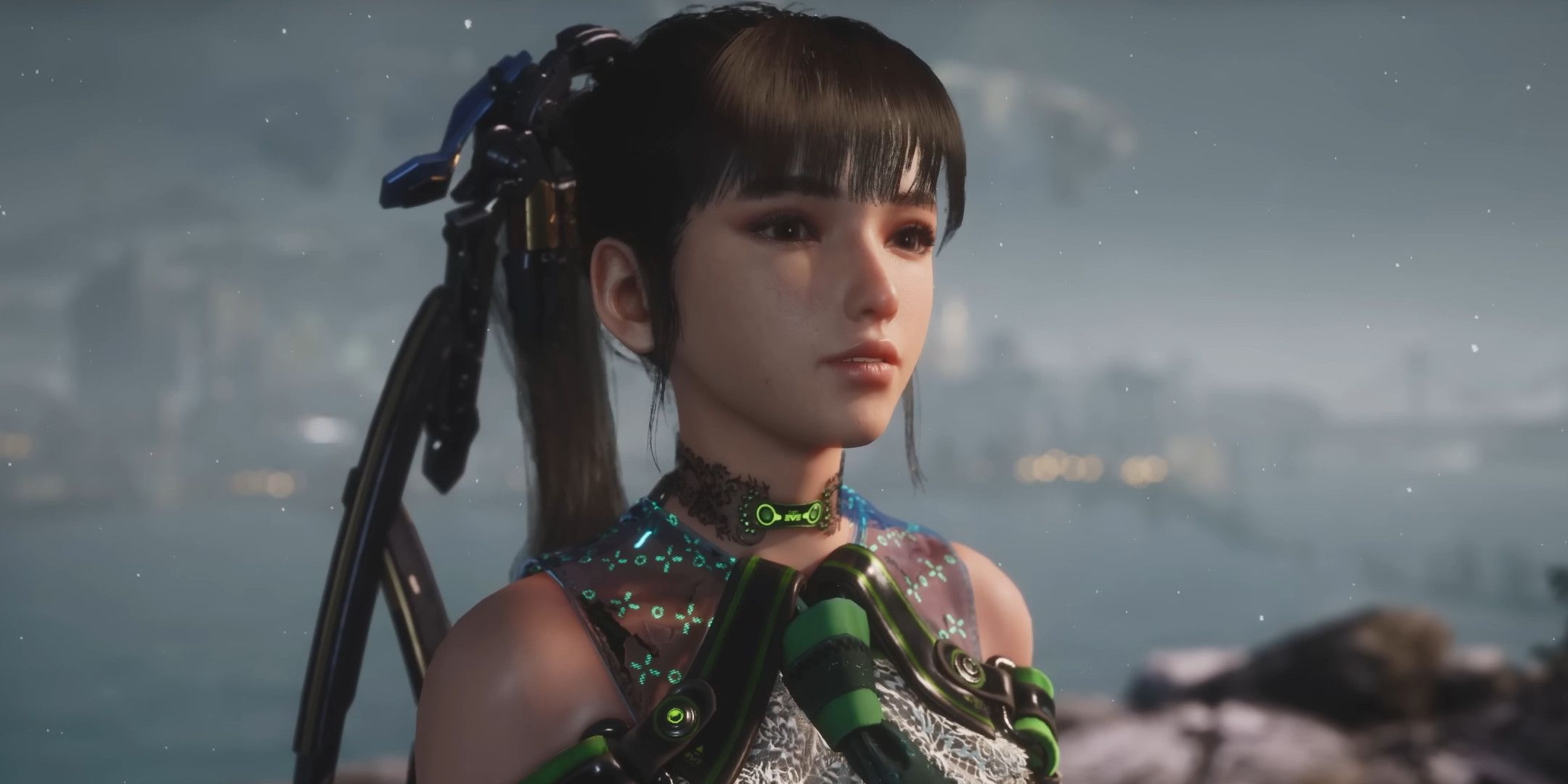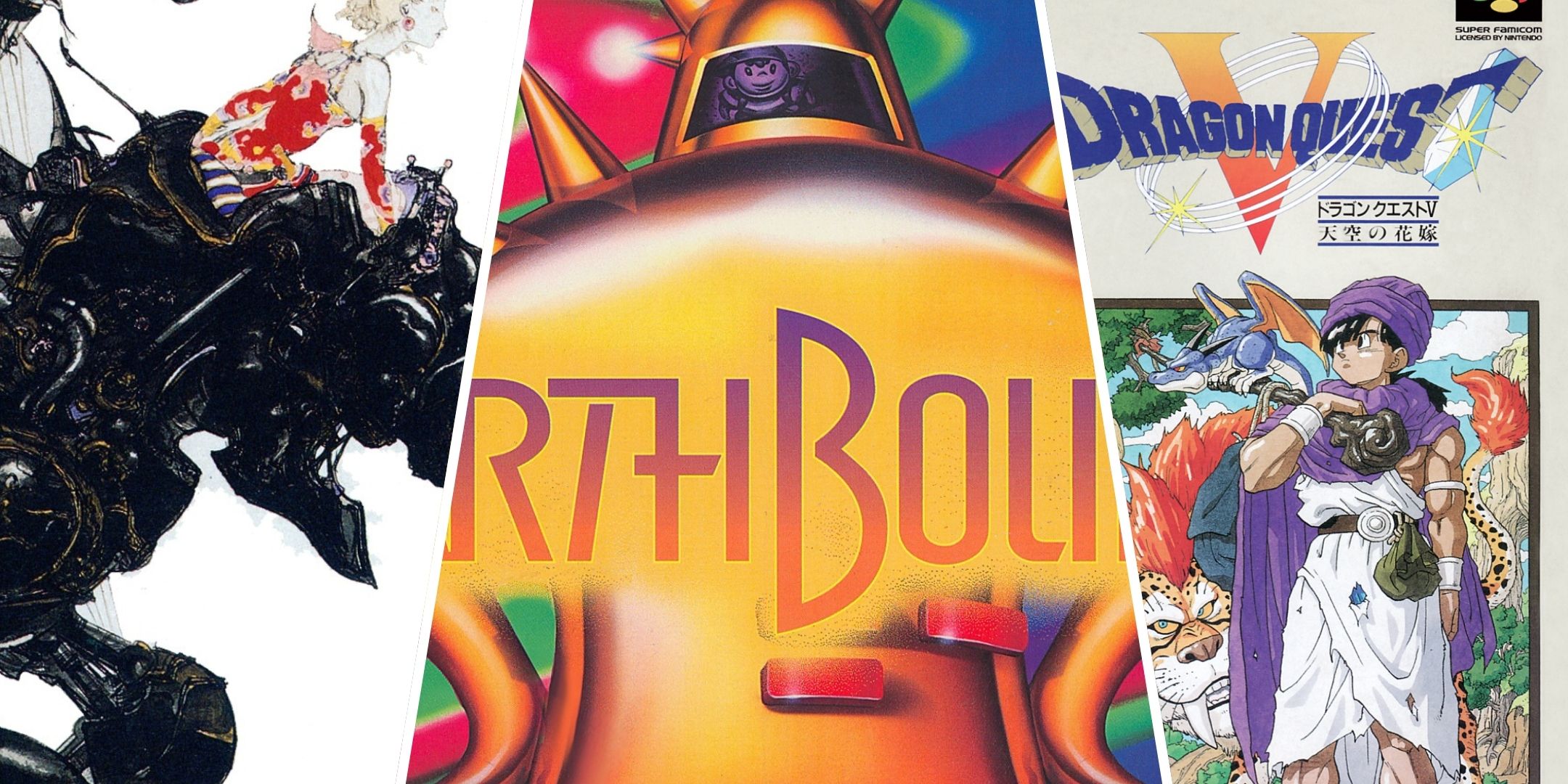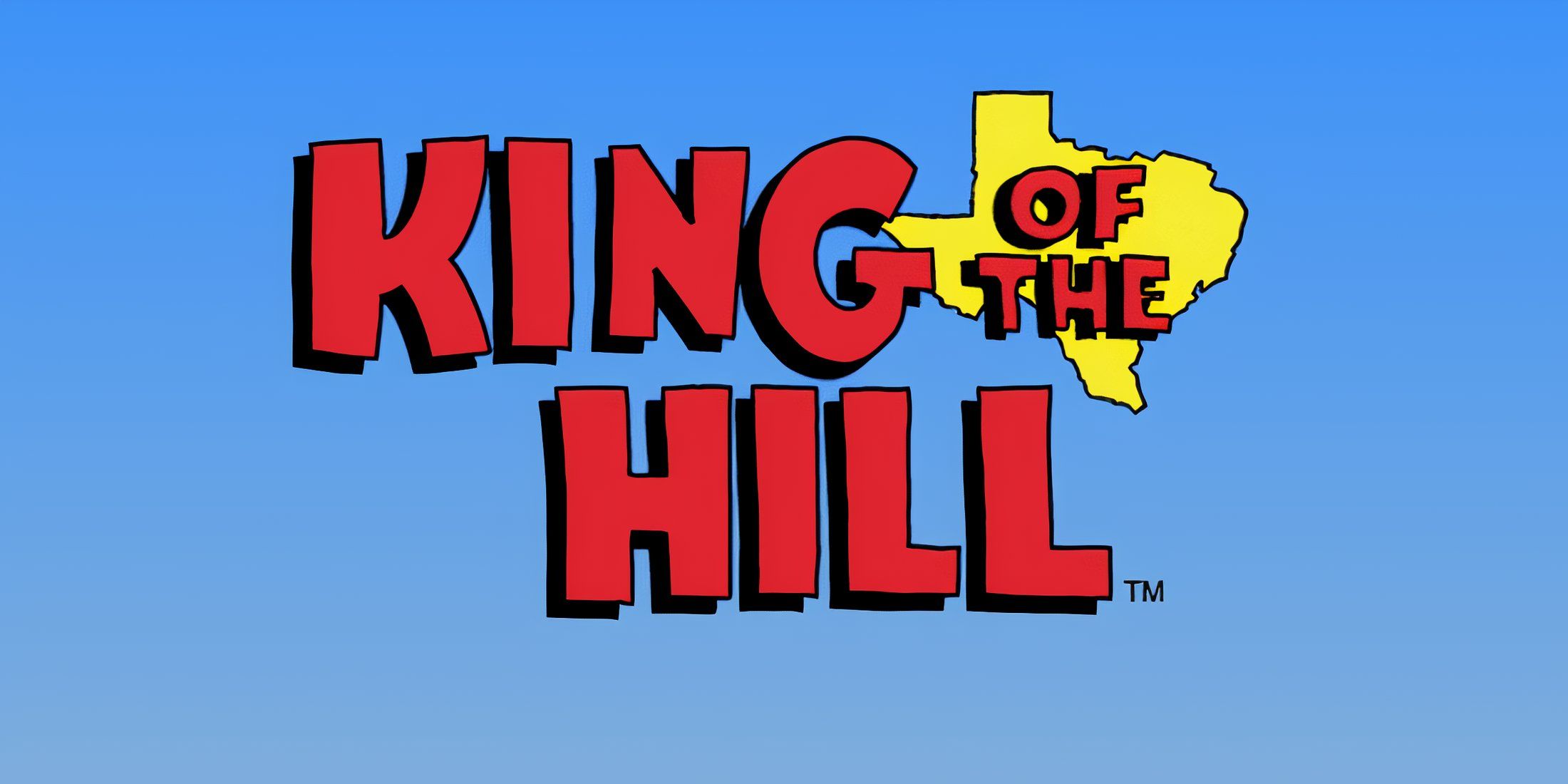From Ibadan To AMVCA Nods: Martini Akande's Editing
Before the cinema lights dim and the story begins, Martini Akande has already done the heavy lifting – trimming frames, sculpting performances, and finding the pulse that keeps a film alive. A self-taught editor who went from YouTube tutorials in Ibadan to AMVCA nominations for Brotherhood and Christmas in Lagos, Akande has become one of Nollywood’s most trusted storytellers in the cutting room. In this interview, he rewinds to his earliest creative sparks, walks us through the craft that turns raw footage into emotion, and looks ahead to the future of post-production in Nigeria’s booming film industry.
My name is Olakunle Martini Akande, known professionally as Martini Akande, born on September 18, 1993 in Ibadan, Nigeria.
What was your childhood like? Were there any early signs that hinted at your interest in storytelling, visuals, or the creative arts?
I am the first of four children, grew up modest, but my parents made sure to give us the best education. I always had an inclination for the arts, in secondary school; I was part of the drama club (despite being a science student). I performed as an actor/stand-up comedian at my secondary school’s end-of-the-year parties. I also love music and tried to be a DJ at some point after secondary school. I always thought I was going to end up as an actor or an entertainer.
What’s your educational background? (Schools attended, courses studied, any relevant degrees or certifications?)
I only have information on the primary and secondary schools I attended and I don’t really want my bio to explore this. But if it’s important, then I can share.
I did not receive traditional training (like a school) in film editing, my learning started from friends and then YouTube. I later went on to enrol in online courses and masterclasses. You can say I also learnt a great deal on the job.
YouTube channels like Film Editing Pro, No Film School, This Guy Edits etc, have been instrumental to my learning. I have also been inspired by the works of great editors like Walter Murch(Apocalypse Now, The English Patient, The Godfather).
I didn’t set out to become a film editor. In fact, my first love was acting. I had dreams of performing, of being on stage or in front of a camera. But like many people trying to break into the industry, I quickly found out how difficult it was to land the kind of roles I wanted. The opportunities just weren’t coming.
Still, my friends and I were passionate about filmmaking, so, we started making our own short films. But we kept running into the same problem: editors would take too long or didn’t really get what we were trying to do. So I decided to give it a shot myself. I had some experience editing wedding and event videos, so I figured, why not? That decision changed everything.
I started editing our projects, and the more I did it, the more I realised how much I loved the process. There was something powerful about shaping a story in the edit, choosing the right moments, the right rhythm, the right emotional beats. I dove deep into it, teaching myself through YouTube videos, books, and just a lot of trial and error. Eventually, it went from a necessity to a passion, and then a career.
The first film I edited is titled Musomania, which came from my love for music. It’s simply a story of how music can bring strangers together. It felt good to see it come to life, it received a lot of love from friends, and for the first time I felt like a filmmaker.
?
I have had the opportunity to meet people who gave me a shot at projects that have taken me a step closer to my dreams. Examples are when I got to edit my first Nollywood blockbuster, another would be when I got to lead a post-production team on an Mnetoriginal series. Another example is getting to edit the biggest action film in Nollywood, Brotherhood. I have had several moments like this, but these are the ones I remember right now.
I think the biggest challenge was getting some to give a chance at a ‘big’ project. I had to resort to making films with my friends to be able to show that I am capable.
I haven’t felt this way before, thankfully. I think I love filmmaking a little too much, and that kinda carried me on
What are some of the most important lessons you’ve learned on this journey so far?
I think the most important one is attitude over ability. People might forget the work you did for them, but they will never forget how it feels to work with you.
I wouldn’t say I have a fixed editing style; my approach depends entirely on the story and the genre. Each project demands something different. Sometimes it’s about letting moments breathe; other times it’s about keeping the pace tight. I just try to stay honest to the emotional core of the film and make choices that best serve the story. I just try to be a storyteller first.
My workflow starts with organizing the raw footage – syncing, labeling, and building a clean timeline. I cut scene by scene, making sure each one works structurally and emotionally on its own. Once I have a rough cut, I take a step back and start refining the overall rhythm and flow. That’s also when I dive deeper into the actors’ performances—finessing reactions, pauses, and line deliveries to bring out the best in each moment.
Before picture lock, I collaborate closely with the director. We go through the cut together, explore options, and make sure the film is hitting the right emotional and creative notes. From there, I workedwith sound, grading, and VFX teams to finish strong. For me, it always comes back to serving the story.
For me, collaboration starts with trust and clarity. With directors like Jade Osiberu, the relationship is built on open communication and a shared respect for story. I try to understand what they’re trying to say with the film, what the emotional beats are, what the tone should feel like—and then I bring that into the edit.
I don’t just sit and wait for notes. I offer creative options, try different rhythms, and sometimes challenge ideas if I feel the story can be stronger. But it’s never about ego; it’s about getting the best version of the film.
Directors like Jade know what they want, but they also give you room to interpret and contribute. That kind of collaboration pushes me to be better, and I think it shows in the work.
You’ve worked on some high-profile films like Gangs of Lagos, Brotherhood, and Glamour Girls. Which of your projects are you most proud of, and why?
I’m genuinely proud of all the projects I’ve worked on—each one challenged me in different ways and taught me something new. With Brotherhood, I’m proud of how we shaped intensity and emotional rhythm out of raw, unpredictable footage. Glamour Girls was about refining tone and pacing in a character-driven, stylish world.
Christmas in Lagos was about capturing the spirit of the city—its chaos, beauty, and emotion—through the edit. Lagos has its own rhythm, and finding that in the cut was incredibly fulfilling. And then there’s Adire, which was a more intimate, character-driven story. I was proud of how we handled the emotional shifts in the protagonist’s journey—from reinvention to resistance from the society around her. It was all about finding nuance in performance and pacing.
So, for me, it’s never about one film standing out. Different parts of different projects remind me why I love doing this work.
I’ve been fortunate to hit a few milestones that really mean a lot to me. Being nominated for
Best Picture Editor at the AMVCAs for Brotherhood and Christmas in Lagos was a huge moment. Those films were intense to work on, and getting that kind of industry recognition felt like validation—not just for me, but for all the late nights and creative risks that went into the edits. Another proud moment was editing The Screen Test, a short film that won Best Short Film at Nollywood Week Paris in 2025. And Forgotten Shores, a documentary I edited, screened at AMDOCS and BUFF, which was special because it showed the work could resonate internationally. Also, Brotherhood was the highest grossing Nigerian film of 2022, and FilmOne Entertainment actually recognised me as the highest grossing editor that year. That one hit differently. It reminded me how much of an impact post-production can have on the final outcome. Each milestone has been a step forward, but more than anything, they’ve kept me hungry to keep growing and doing even better work.
For me, success as an editor isn’t just about awards or box office numbers, though those are great. It’s when the story lands exactly how it’s meant to. When the audience feels something, when a director says, “That’s exactly what I had in mind,” or even better, “That’s better than I imagined”—that’s success. What keeps me going is the challenge. Every project is different. No two timelines are the same. I love that moment in the edit when things start to click, when chaos starts to form a rhythm, when the story comes alive. That feeling never gets old. It’s what keeps me coming back to the chair.
The future of post-production and editing in Nollywood is incredibly exciting. We’re witnessing a transformative period where technological advancements are reshaping how we approach storytelling.
One significant development is the integration of AI-assisted tools in the editing process.
These tools can streamline workflows by automating tasks like subtitle generation, colour matching, and even suggesting edits, allowing editors to focus more on the creative aspects of storytelling. This not only enhances efficiency but also opens up new possibilities for creative expression. The future of post-production in Nollywood lies in embracing technological innovations, fostering collaborative workflows, and striving for excellence to tell compelling stories that resonate with audiences worldwide.
Start with what you have. I began editing because I couldn’t afford to hire someone else.
My friends and I were making short films, and when we couldn’t find editors who met our expectations, I took on the role myself. That hands-on experience was invaluable. Understand that editing is storytelling. It’s not just about cutting footage; it’s about shaping the narrative, guiding the audience’s emotions, and bringing the director’s vision to life. Think of editing as the final rewrite of the film. Be open to feedback. Using test audiences can provide insights you might have missed. Their reactions can highlight areas that need adjustment, ensuring the story resonates as intended.
Embrace the learning process. Your first rough cut might not be perfect, and that’s okay. It’s a starting point. The key is to refine and improve, always aiming to serve the story better. Stay passionate and persistent. The journey can be challenging, but if you’re dedicated to the craft and continuously seek growth, you’ll find your place in the industry.
I want my legacy to be bigger than the list of films with my name in the credits. I’d like to be remembered as one of the editors who helped shift the perception of our craft in Nollywood, from “button-pushers or joiners” to storytellers who shape emotion and meaning. When I started, editors were still seen mostly as technicians; proving that the edit is the final rewrite of any film is something I fight for on every project.

